
Articles on War on Drugs
Displaying 1 - 20 of 118 articles

The raid almost certainly broke international law, but Ecuador’s president is hoping his strongman tactics will resonate with the electorate.

Ecuador is soon holding a referendum to decide whether to follow El Salvador’s controversial strategy to end drug trafficking.

Psychedelic drug takers are sharing advice on Reddit on how to end a bad trip. Some of the advice is highly suspect.
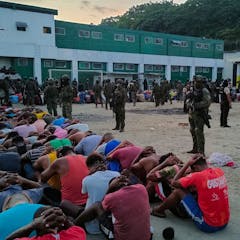
Poverty, insecurity and a naive and misguided drugs policy have led to a virtual civil war in Ecuador.

Colombia’s current president, Gustavo Petro, is pushing for a new global approach to drug addiction and use.

Clinical psychologist and professor Monnica Williams is on a mission to bring psychedelics to therapists’ offices to help people heal from their racial traumas. To do this, she’s jumping over some big hurdles.
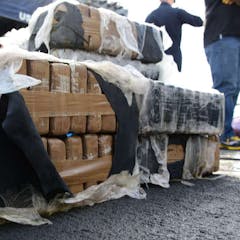
Drug seizures are on the rise, but so too are production, consumption, trafficking and violence. The current drug control regime is showing its limits, yet the changes needed require consensus.
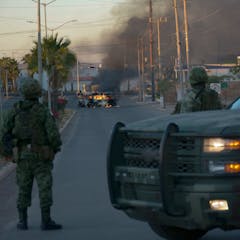
Mexico’s crime epidemic continues to worsen, as poverty and inequality also grow in the country.
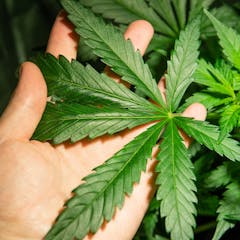
A 1971 law, and the parallel growth of an illegal economy, shaped South Africa’s unique cannabis landscape.

British Columbia’s bold experiment provides an opportunity to implement more balance in Canadian drug policy, and a more principled withdrawal from the war on drugs.

The death of a 22-year-old man in a ‘no-knock’ raid in Minneapolis has sparked fresh concern over the associated risk to the public and police alike.

Here’s what the Australian Federal Police’s new campaign gets wrong.

The Wire was a Greek tragedy, a novel and a bingeworthy social commentary.
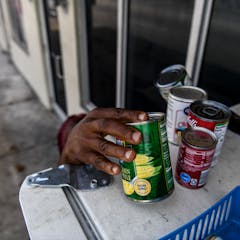
Formerly incarcerated Americans face food insecurity rates double that of the general population. A 1996 law that prohibits drug felons from getting crucial benefits may be partially to blame.
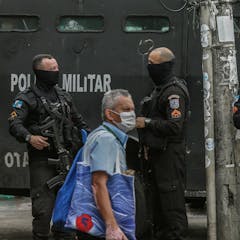
Attempts to wage war on drugs in developing countries which don’t take into account the needs of local people are doomed to fail. Here’s why.
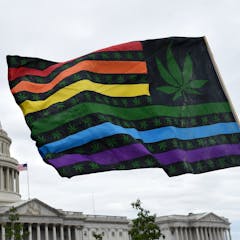
A cannabis decriminalization bill approved by the House is a sign from Congress that sentiment around the drug is evolving, but it misses a chance to regulate marijuana for the good of all Americans.

Possessing heroin, cocaine, meth and other drugs for personal use is no longer a criminal offense in Oregon. The idea is to get people with problem drug use help, not punishment.

Policy makers need to protect and promote the interests of people whose indigenous knowledge and toil developed a thriving national cannabis economy - in the face of harsh police crackdowns.

The American public should understand that the United States has played a critical role in creating and fuelling violence in Latin America via its unsuccessful war on drugs.
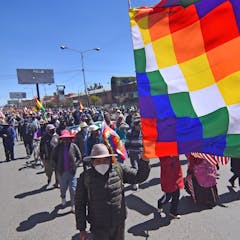
Bolivia’s drug control strategy was once internationally applauded.
